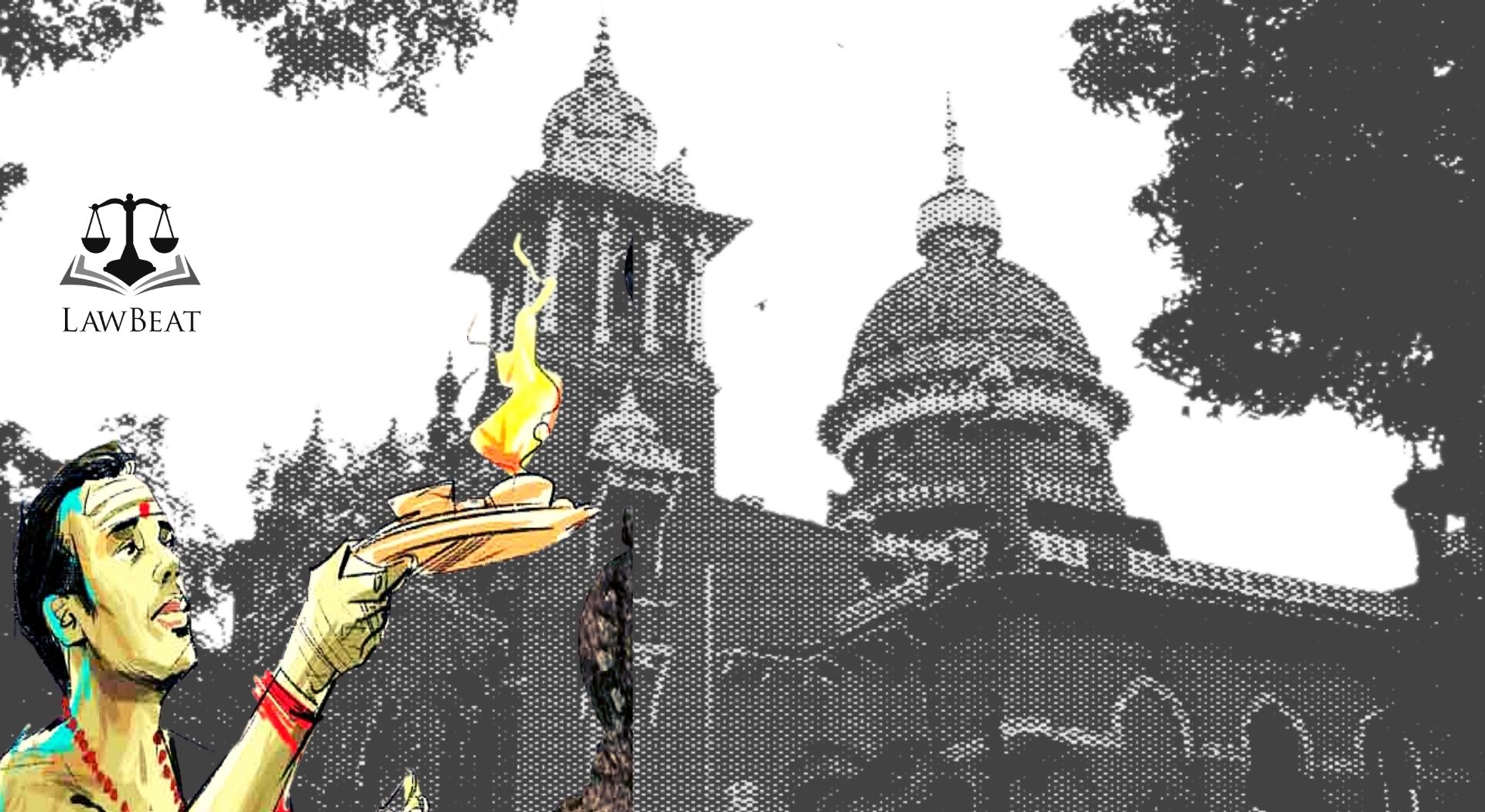Madras High Court orders appointment of Archakas in temples by "Fit person", to be subject to decision on whether only Trustees can make appointments

The Madras High Court has ordered that the appointment of Archakas in temples by "Fit Persons" under the Tamil Nadu Hindu Religious and Charitable Endowments Act, 1959 will abide by the result of the case in which it has been claimed that only trustees can make such appointments.
The Division Bench of Chief Justice Sanjeeb Banerjee and Justice P. D. Audikesavalu has also previously said that any appointments made in the meantime must not be made in breach of Agamas.
“It is also made clear that though no interim order is granted as prayed for, there must be no breach in following the particular Agama which is relevant for the particular temple for which an appointment is made,” said court.
Stating that it prima facie appears that the appointment by a Fit Person may not be the appropriate form under the Act of 1959, Court ordered as abovementioned.
Court opined that it would do well for the positions of trustees lying vacant or unfilled to be filled up in appropriate manner and in accordance with law so that such trustees can, in terms of the Act of 1959, choose the “Archakas”.
The court was hearing a Public Interest Litigation (PIL) challenging the Tamil Nadu Hindu Religious Institutions Employees (Conditions of Service) Rules, 2020 that have come into effect on September 4, 2020.
The principal grievance of the petitioner was that in Rule 2(1)(c) of the said Rules defining “Appointing Authority” and permitting a Fit Person as defined in the Tamil Nadu Hindu Religious and Charitable Endowments Act, 1959 to act as an appointing authority, the Rules go against the grain of the parent statute of 1959 that requires only trustees to make such appointments.
The petitioner had also claimed that in Rule 2(1)(j) defining “Ulthurai (Indoor) Employee” and Annexure II to the Rules indicating how Agama teachers would be inducted into temples is an attempt to tinker with the Agama that is followed in a temple, which is otherwise judicially recognised to be sacrosanct.
The petitioner had contended that “since a person who has passed a three-year course from any Agama school may be appointed as an Agama teacher or Thevaram teacher or Veda teacher, the particular Agama relevant to the temple may not be followed by the “Archaka” recruited under the said Rules.”
The petitioners had also averred that the “Archaka” has to be trained only in the specific Agama that is relevant to the particular temple and it is not permissible to mix up even between the two Vaishnava Agamas or between any of the 26 Shaiva Agamas.
Accordingly, taking note of petitioner’s grievances, court sought State’s counter-affidavit within four weeks from the date of present order. Court added that reply thereto, if any, may be filed within a fortnight thereafter.
However, court has not passed any interim order, but issued the abovementioned interim directions until the final decision on the case arrives.
The matter will be next heard on December 15, 2021.
Case Title: T.R.Ramesh v. State of Tamil Nadu and Another.
